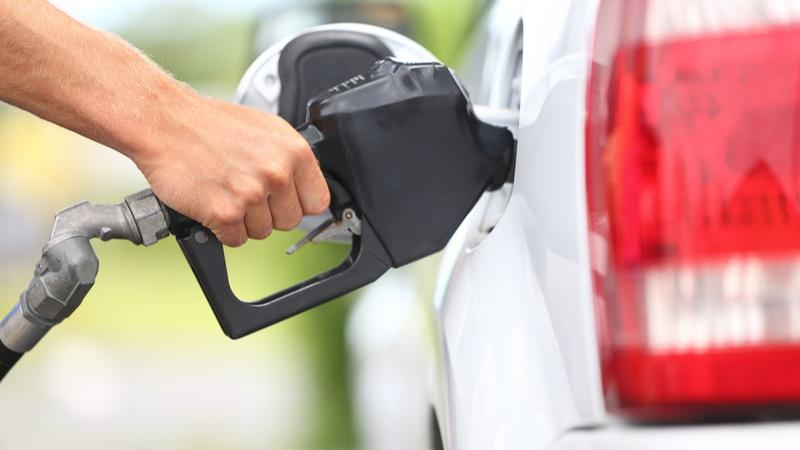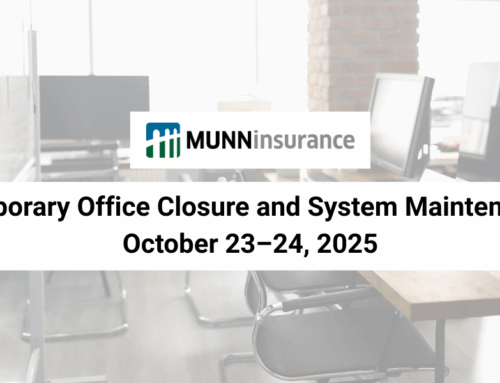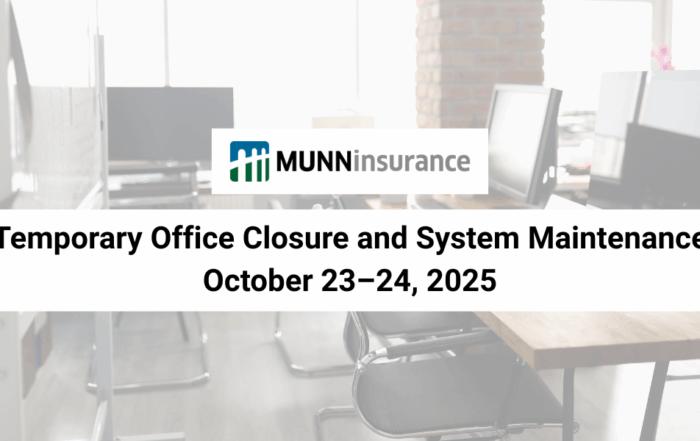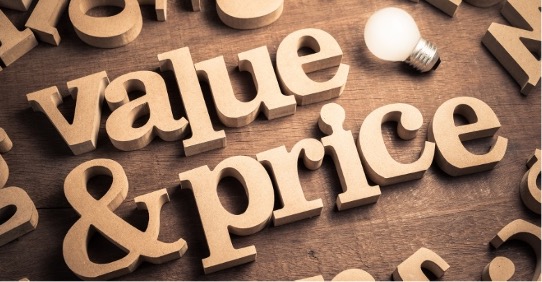8 Easy Steps To Save On Fuel
The price of gas continues to rise across the country and for the first time in history, the price of gas in most parts of Newfoundland and Labrador has surpassed the $2.00 a litre mark. Often, the small things we do can add up to big savings. If you are looking to spend less time at the pumps, read on for some easy things you can start doing today.
Consider these cost-saving tips:
1. Accelerate gently
The harder you accelerate, the more fuel you use. So, you will use less fuel by easing onto the accelerator pedal gently. To be as fuel-efficient as possible, take 5 seconds to accelerate your vehicle up to 20 km per hour from a stop.
2. Maintain a steady speed
When your speed is inconsistent, you use more fuel and spend more money than you need to. Tests have shown that varying your speed up and down between 75 and 85 km per hour every 18 seconds can increase your fuel use by 20%.
Consider using cruise control for highway driving, where conditions permit. Be mindful that minor variations in speed can be good when gravity does the work.
3. Anticipate traffic
Look ahead while you’re driving to see what is coming up. And keep a comfortable distance between your vehicle and the one in front of you. By looking closely at what pedestrians and other cars are doing and imagining what they’ll do next, you can keep your speed as steady as possible and use less fuel. It’s also safer to drive this way.
4. Drive the speed limit
Keep to the speed limit and save on fuel! Most cars, vans, pickup trucks and SUVs are most fuel-efficient when they’re travelling between 50 and 80 km per hour. Above this speed zone, vehicles use increasingly more fuel the faster they go.
For example, at 120 km per hour, a vehicle uses about 20% more fuel than 100 km per hour. On a 25-km trip, this spike in speed – and fuel consumption – would cut just two minutes from your travel time.
5. Coast to decelerate
Every time you use your brakes, you waste your forward momentum. By looking ahead at how traffic is behaving, you can often see well in advance when it’s time to slow down. You will conserve fuel and save money by taking your foot off the accelerator and coasting to slow down instead of using your brakes.
6. Avoid idling your vehicle
Turn off your engine when you’re stopped for more than 60 seconds, except when in traffic. The average vehicle with 3-litre engine wastes 300 millilitres (over 1 cup) of fuel for every 10 minutes it idles.
7. Measure your tire pressure every month
Driving a vehicle with tires under-inflated by 56 kilopascals (8 pounds per square inch) can increase fuel consumption by up to 4%. It can also reduce the life of your tires by more than 10,000 km.
8. Use a manual transmission properly
Pay attention to the tachometer, which shows engine speed. Use it to know when to shift a manual transmission for the best fuel efficiency. The higher the rpm, the more fuel the engine is burning. So, shift through the lower gears smoothly and quickly, and build up speed in the higher gears.
We hope that you are able to implement some of these cost-saving measures. Please call us today for a free review of your auto insurance policy to see if you qualify for any additional discounts at 1-855-726-8627 today. We are here to help.
Related News
Recent News
Temporary Office Closure and System Maintenance – October 23–24th, 2025
As part of our exciting relocation to our newly renovated Head Office at 187 Kenmount Road, St. John’s, Munn Insurance will be completing a major IT and phone server migration this month. To complete this [...]
It’s Not Just Price: What Really Matters When Choosing Home & Auto Insurance
Let’s be honest — price is usually the first thing people look at when shopping for home or auto insurance. And that’s completely fair. No one wants to pay more than they have to. But [...]
The Real Costs of ATV Accidents on City Streets in NS and NL
We’re seeing a growing and concerning trend in communities across Newfoundland and Labrador and Nova Scotia: more and more people — especially youth — are driving ATVs, dirt bikes, and other off-road vehicles on public [...]












